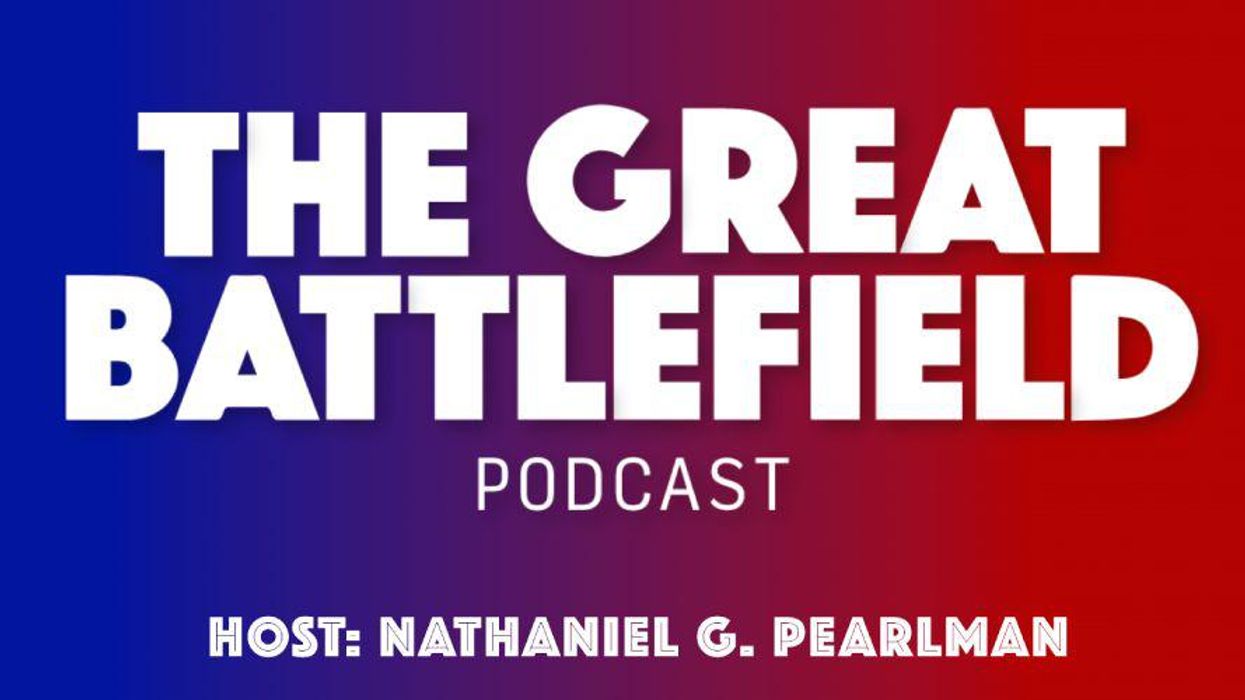Ken Rudin joins The Great Battlefield podcast to talk about his career as a journalist at NPR, hosting his podcast, The Political Junkie and why he's changed his nonpartisan orientation in the Trump era.
Journalist and Political Junkie Ken Rudin
 Journalist and Political Junkie Ken Rudin
Journalist and Political Junkie Ken Rudinopen.spotify.com




















